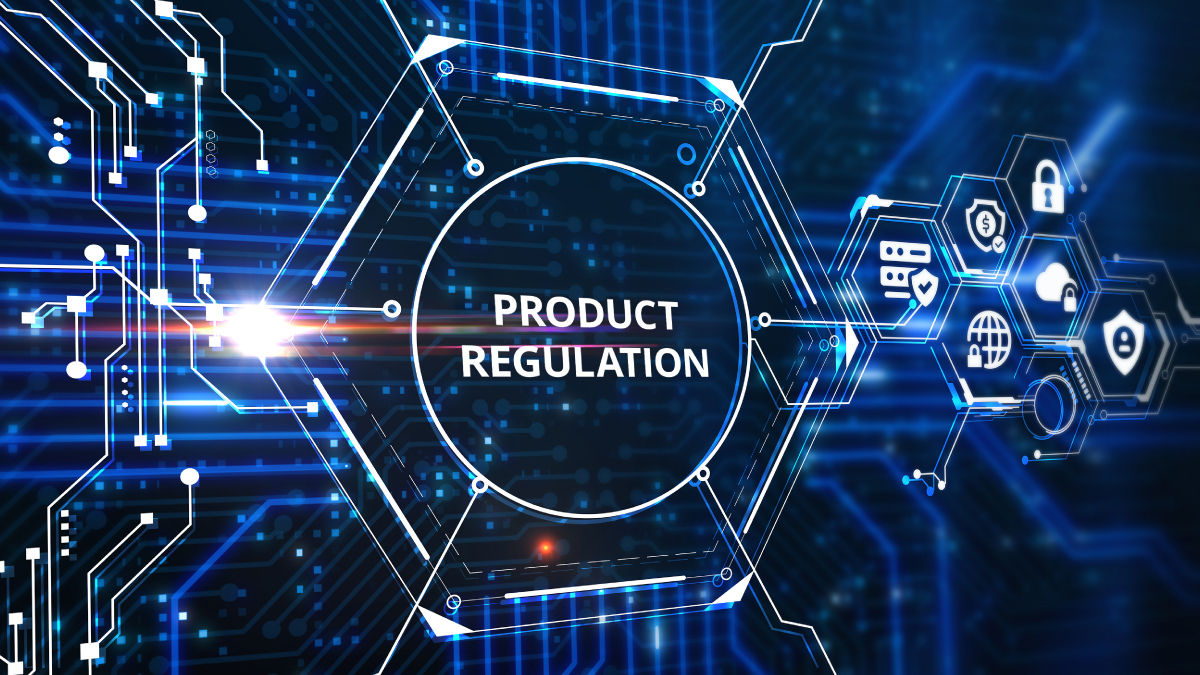QSHE Department - Product Regulation
 BlogCleanroomPPE/Textiles22.08.2023
BlogCleanroomPPE/Textiles22.08.2023
Product regulations play a crucial role in ensuring the safety, quality, and environmental impact of various products placed on the market.
In the EU and the UK, several regulations govern the registration, evaluation, authorisation, and restriction of chemicals and products to safeguard human health, the environment, and consumer interests. Some of the key regulations include REACH, the UK BPR (Biocidal Product Regulation), the EU BPR, ECHA (European Chemicals Agency), and MDR (Medical Device Regulation).
1. REACH (Registration, Evaluation, Authorisation, and Restriction of Chemicals): REACH is a comprehensive regulation designed to address the potential risks posed by chemicals to human health and the environment. It requires manufacturers, importers, and downstream users to register chemicals and provide safety data to the European Chemicals Agency (ECHA). REACH aims to promote the use of safer alternatives to hazardous substances and enhance the overall knowledge about chemical properties and uses. The regulation encompasses substances produced in or imported into the EU/EEA in quantities of one tonne or more per year. It also establishes procedures for identifying and regulating substances of very high concern (SVHCs) and managing their use through authorisation.
2. BPR (Biocidal Product Regulation): The BPR is a regulation that governs the authorisation and use of biocidal products in the UK/EU market. Biocidal products are substances or mixtures used to control harmful organisms, such as pests, bacteria, and fungi. The regulation aims to ensure that biocidal products do not pose risks to human health, animal health, or the environment. Manufacturers and importers of biocidal products need to submit applications for product authorisation, providing data on the product's efficacy and safety. BPR ensures that biocidal products are only placed on the market if they meet the required safety and efficacy standards.
3. ECHA (The European Chemicals Agency): ECHA is an agency responsible for implementing and enforcing REACH, as well as other chemical-related regulations in the EU. It facilitates the registration, evaluation, and authorisation of chemicals, maintains databases of registered substances, supports risk assessments, and provides guidance to industries and stakeholders. ECHA plays a central role in ensuring the effective implementation of chemical regulations and promoting transparency in chemical management.
4. MDR (Medical Device Regulation): The MDR is a regulation that governs the safety and performance requirements of medical devices placed on the EU/EEA market. It replaced the previous Medical Device Directive (MDD) to strengthen the regulatory framework for medical devices. The MDR focuses on improving the traceability and safety of medical devices, enhancing post-market surveillance, and ensuring that devices meet high-quality standards. Manufacturers must adhere to stricter requirements for clinical evaluation, documentation, labelling, and post-market surveillance. The MDR aims to ensure that medical devices are safe, effective, and beneficial for patients and healthcare professionals.
In conclusion, product regulations such as REACH, the UK BPR, the EU BPR, ECHA, and MDR are essential mechanisms to protect human health, the environment, and consumer interests. These regulations establish standards for the registration, assessment, authorisation, and marketing of products, ensuring their safety, efficacy, and compliance with established guidelines. Compliance with these regulations is crucial for manufacturers, importers, and stakeholders to ensure that their products meet the required quality and safety standards before being introduced to the market.

Author
Uzayr Jarral
Regulatory Officer
